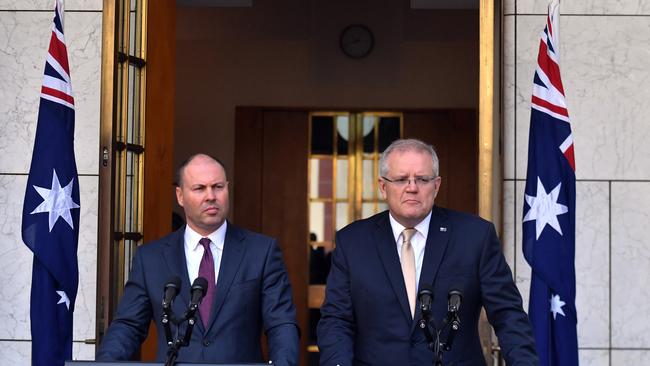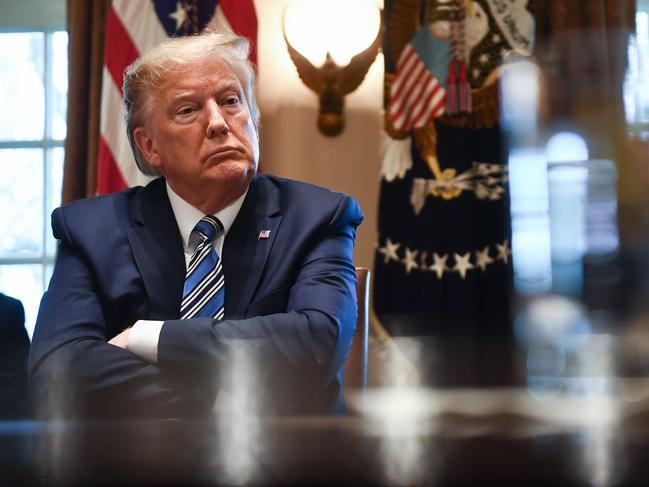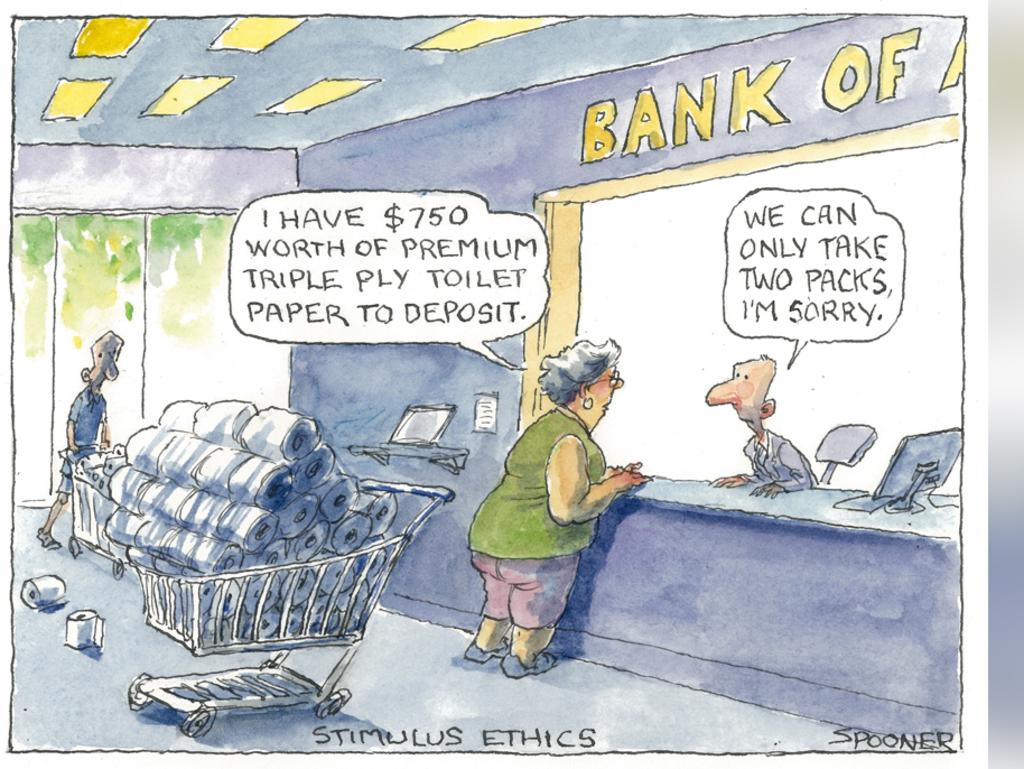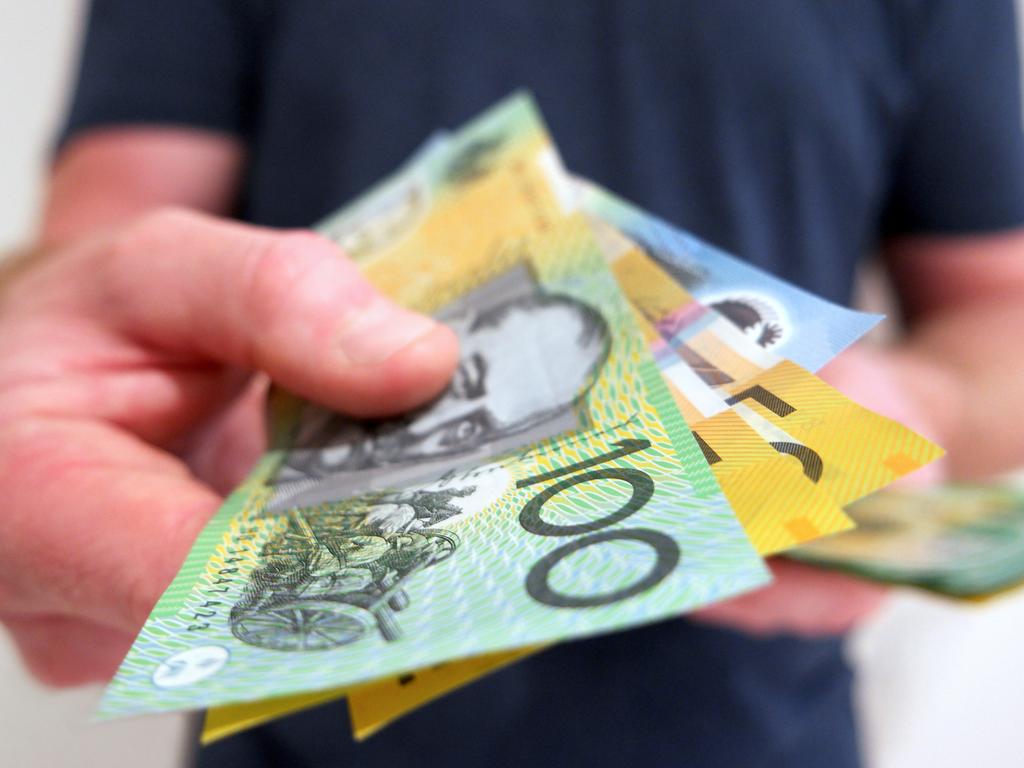
He deserves to be commended for that. Always resistant to the idea the budget could be doing a lot more to lift the growth rate of the economy, Frydenberg has been prepared in recent years to let that burden fall mostly to the Reserve Bank and the lever of interest rates.
When interviewed last year, Frydenberg was asked if he was concerned the RBA might soon deploy emergency measures such as quantitative easing to support the economy, and he said somewhat alarmingly that it was solely a matter for the central bank.
But that was then. Now, faced with a global shock that looks set to eclipse the global financial crisis, Frydenberg has announced a well-crafted package of measures to keep the economy afloat in the coming months.
The critical element of the total stimulus package of $22.9bn is that $11bn billion is front-loaded, meaning it will begin to splash into the economy within weeks.
There are three key elements to the package. They include a $750 cash payment to 6.5 million beneficiaries on March 31 worth $4.8bn, cashflow relief to small businesses worth $8bn, and business investment incentives worth $9bn.
The outlays follow a $2.4bn healthcare package announced on Wednesday.
Frydenberg said the measures would add a whopping 1.5 percentage points to GDP growth in the second quarter alone, giving him an even chance of escaping a recession. The technical definition of a recession is two consecutive quarters of negative GDP growth.
With bushfires and the start of the coronavirus disruption writing off any hope of economic expansion in the first quarter, Frydenberg is rightly focused on trying to prop up the economy in the second quarter.
Additional help has already come in the form of a cut in interest rates by the RBA this month, with a further cut in April a near certainty.
RBA deputy governor Guy Debelle confirmed this week that the central bank had advanced plans to roll out alternative policy measures, when needed. If fear across the globe shows no signs of abating, the RBA won’t delay moving into this space around mid-year.
The big question now is how much of the government’s stimulus money will be spent back into the economy. There’s a big chance that many of those who receive it, such as the low paid and pensioners, will save it.

With sharemarkets tumbling, US President Donald Trump revving up his response in areas like European travel bans, and the impact yet to fully hit either Europe or the US, there is scope for people to become a lot more cautious in the months ahead.
If the government plans to keep additional stimulus measures at bay until its budget on May 12, they might be too late to shape outcomes in the second quarter. But for now, economists have applauded the scale of the stimulus.
“This is a strong fiscal response, significantly expanded in size from what was being suggested in the media even a few days ago,” said Chris Read, an economist at Morgan Stanley.
“A negative second quarter is still possible and highly dependent on the evolution of the virus and response domestically.”
Shane Oliver, chief economist at AMP Capital, also gave his tick of approval to the stimulus.
“This won’t stop the virus or the lockdowns but along with monetary easing it will help minimise secondary economic effects and hence the depth of the downturn,” he said.
Frydenberg has responded at speed and with force in a bid to hold back a recession. But whether the stimulus is sufficient or not, the next few months will tell.
The Wall Street Journal








Treasurer John Frydenberg unleashed a significant fiscal stimulus to pull the economy out of a dive towards its first recession in more than 28 years, favouring that over his much-hyped budget surplus.